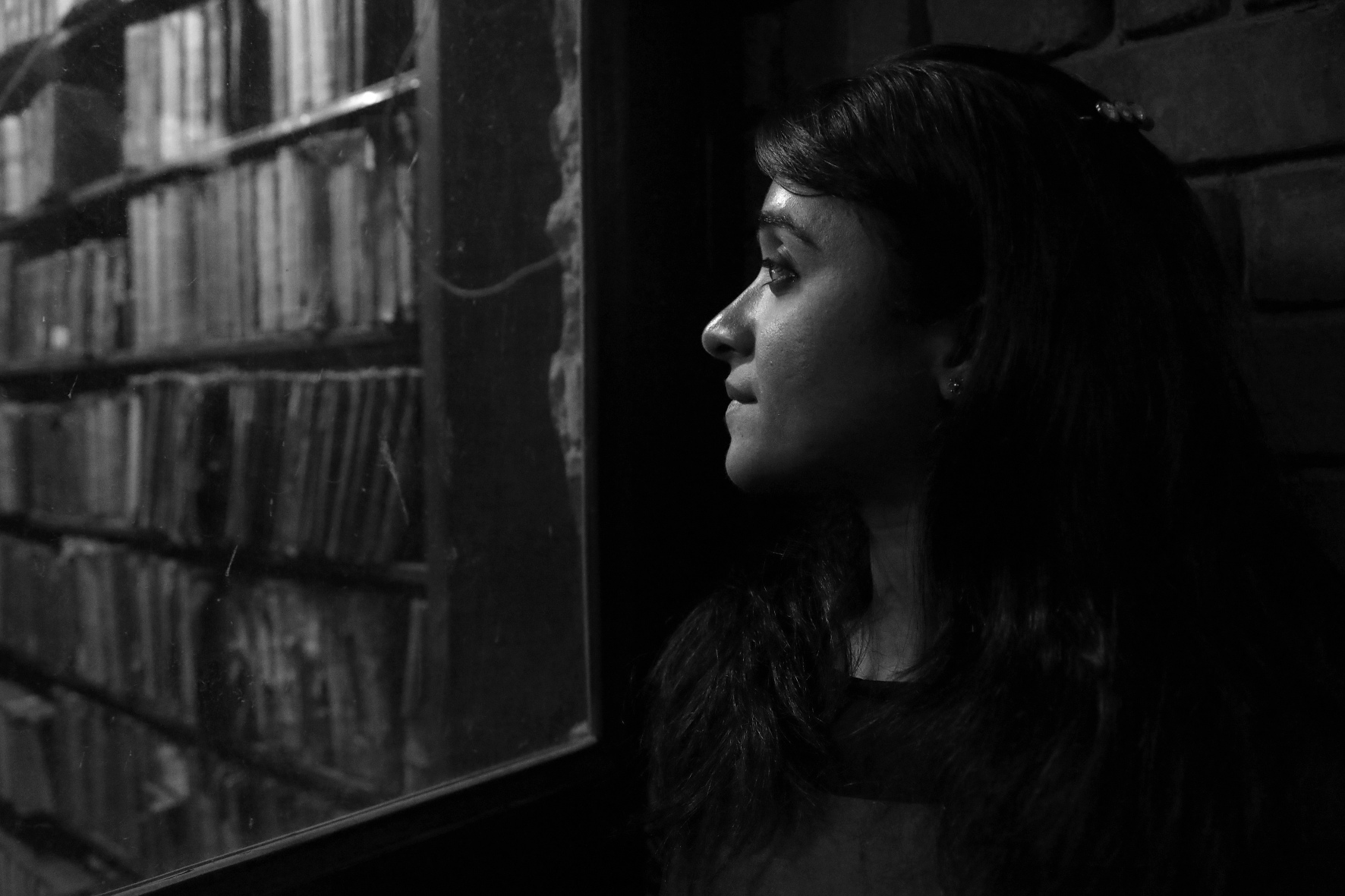Photography by Marina George

“Allowing a person with disability to exist, to just survive without getting access to opportunities, is a cruelty to them. It is an invisible violence committed to them and it continues. After a point of time, my family in India was not very supportive about the idea of my education. They maintained that primary education was more than enough for a girl. They were of the opinion that if you are able to write your name and do some basic calculation, that was enough education for you. They probably hadn’t seen girls studying and doing meaningful things with their lives – especially not girls with dynamic disabilities. But I was very adamant to gain higher education. I told them that if I went to school then I wouldn’t take any money from them and will take care of all the expenses of my education myself.
As I had seen my mother back in Rajasthan when I was a small child, I started teaching the children around my home. The children were not from affluent families and they were not in the position to pay me a decent amount. The monthly tuition fees I used to get was very nominal and because of that I had to teach number of students for long hours in multiple shifts so I could earn enough money. I used to start my tutoring classes around 3pm and finish at 11pm. And I only taught the students younger than me. It was a situation where I was not able to enjoy my childhood at all and it made me mature before my time. I started behaving like an adult when I myself was in middle school.
Education is not just about getting equipped to earn your bread and butter. We don’t study just to become a clerk or a civil servant or bureaucrat – education is beyond professions. You, as an educated person, are an enlightened person beyond your job. The beauty of education makes you a whole person. And I think for a person with a disability, they can then accept themselves.”
– Ummul Kher, India, 2017